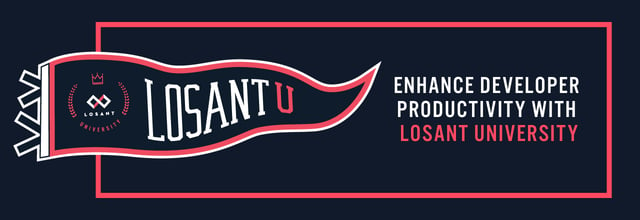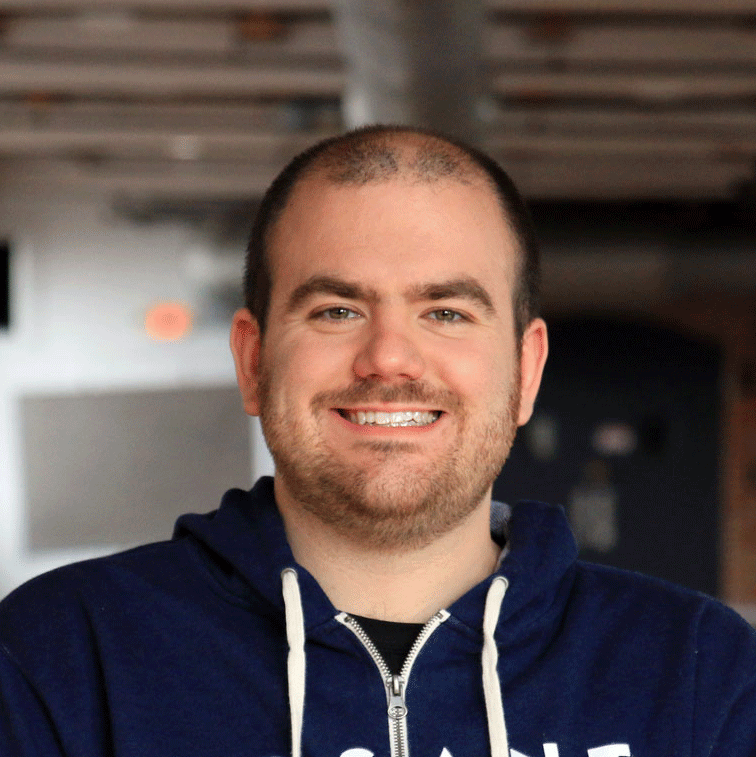Due to the COVID-19 pandemic, online education has been exploding. Developers and engineers looking to develop new skills or enhance existing ones are turning to online education as a safe means to expand their knowledge. Learning IoT is no exception. Expanding IoT knowledge can offer a developer opportunities for career advancement.
As developers adjust their careers toward IoT, remember that there is no one IoT engineer. All engineers with IoT knowledge come from unique backgrounds, and each brings their own skillsets to the table. This can be good for the developer hoping to switch industries because many of the skills they already have will apply as they move to IoT.
But, with such a wealth of educational content out there, including formal collegiate education, bootcamps, and platform-specific learning, it can be hard to know what path is right for you.
Let’s take a look at these different offerings for learning IoT and see which one can best match your needs.
Learning IoT through Collegiate Education
IoT is a growing field, and as such, colleges are looking to expand their IoT offerings to help students enter the area with the skills they need to succeed. Florida International University developed the first IoT degree program in the United States using Losant. Read more about the program in our case study.

Because of COVID-19, colleges are increasingly turning to remote learning options to educate their students. Many, including Florida International University and Northeastern University, have moved their IoT programs online. The price for a college education can be high, but the career education and benefits can be priceless.
For example, the Florida International University program includes the following topics:
- Hands-on experience in the selection, installation, customization, and maintenance of state-of-the-art IoT devices
- Application of IoT knowledge to a related field
- Communication of IoT ideas professionally
- Analysis of the legal and ethical implications of their IoT work
Learning IoT through Developer Bootcamps
If you are already working as a software developer and want to shift to IoT, developer bootcamps are an excellent option to expand your knowledge. They often cover some of the finer points of IoT, many of which are not covered in a traditional computer science program.

Developer bootcamps are focused, intensive programs that zero in on one aspect of a topic. For IoT, there are numerous developer bootcamps with ranges of content and fees associated with them. For example, SpinDance offers a half-day IoT bootcamp while MIT offers a one-week bootcamp. And some, such as DeepDiveCoding’s IoT bootcamp, can last as long as ten weeks.
IoT bootcamps are not designed to teach everything you need to become an expert in IoT. They assume you have software development experience and often focus only on a piece of the IoT pie. However, if you’re a developer looking to expand your horizons, a bootcamp may be perfect for your needs.
Learning IoT through Platform-Specific Education
Because IoT is vast, so too is the technology used to develop IoT solutions. So vast, in fact, that many of the IoT cloud providers offer their own courses, some incredibly extensive, to learn them. For example, Amazon Web Services (AWS) has a wealth of course offerings on IoT, including free online courses, videos, workshops, and fee-based instructor-led courses. Microsoft Azure, another tool used to create IoT solutions, has similar programs to teach IoT. These courses can range from a few hours long to weeks and months of commitment, depending on the topic’s complexity.

Unlike the more general developer bootcamps, platform-specific education focuses on the platform itself. While they will cover IoT essentials and concepts, much of the actual teaching is specific to the platform. While some tools may be able to carry over from one platform to the next, generally, if you enroll in a platform-specific course, your learning will only apply to that platform. So, while you can learn a lot about how the platform works, you will be limited in how you can apply your learning.
These programs offer certification programs as well. To earn a certificate, you complete a test that proves you know the platform. These certificate programs do not always require you to take a course, but doing so is often recommended so that you have the best chance to earn a passing grade.
Remote Learning is on the Rise
It’s likely that even when COVID-19 passes, remote learning options such as those described above will stick around. They are convenient, safe ways to expand your knowledge and increase your career prospects.

Losant offers a certificate of completioon in Losant University. Losant University provides a close look at Losant’s five key components with IoT concept lessons. Workshops and assessments reinforce the material. The available coursework walks you through Losant’s user-friendly functionality, getting you ready to build your IoT solutions.
Enroll in Losant University for free today.
